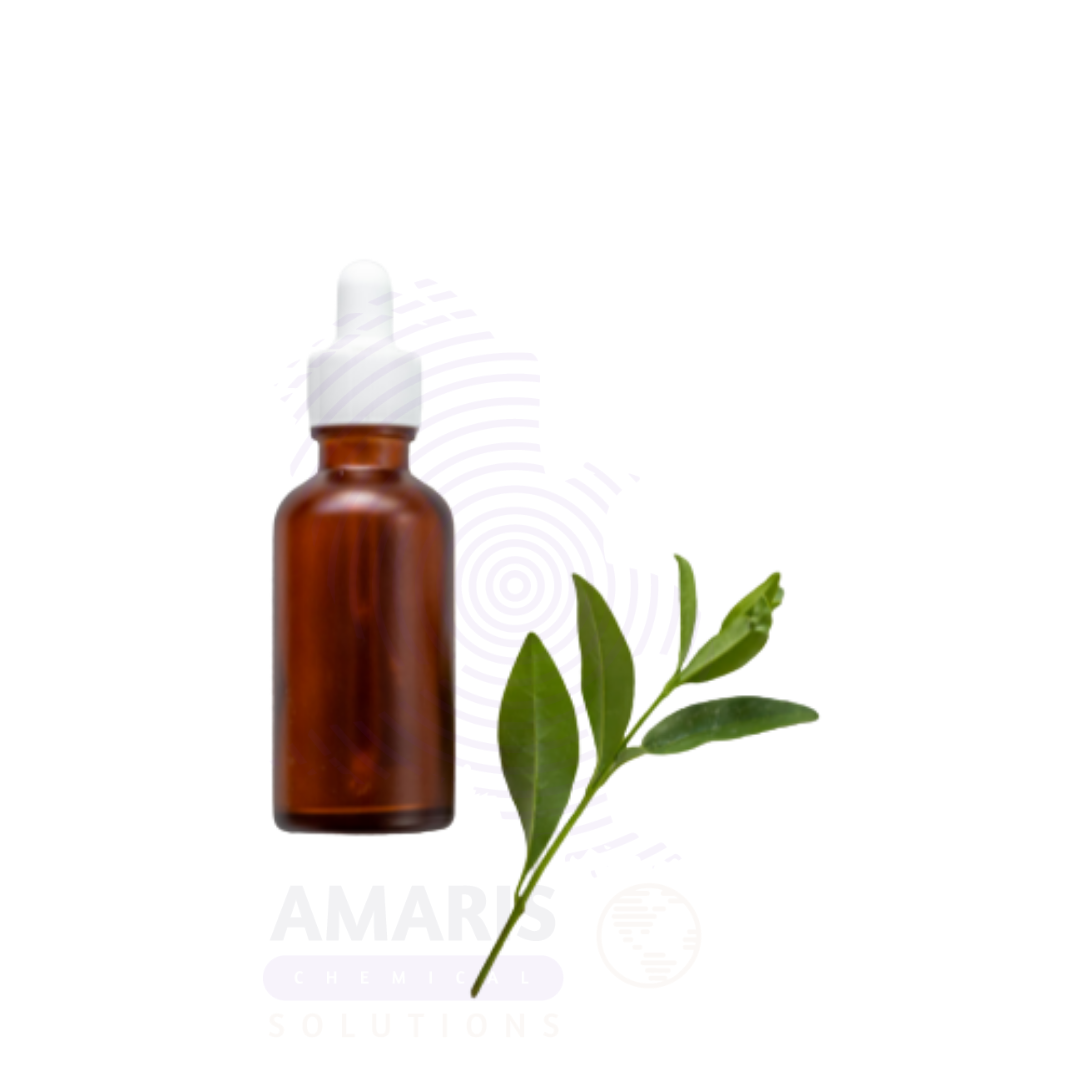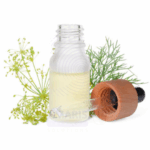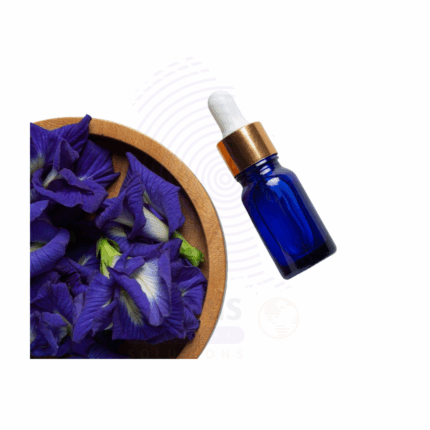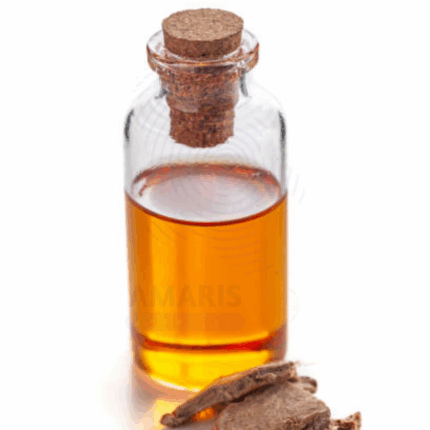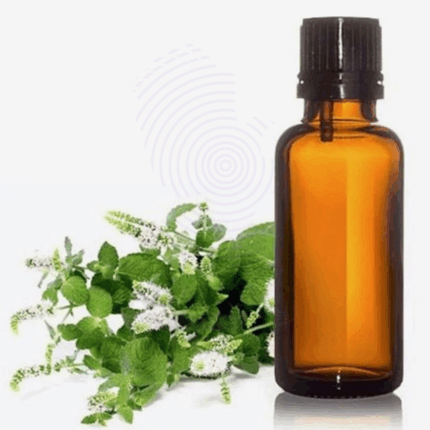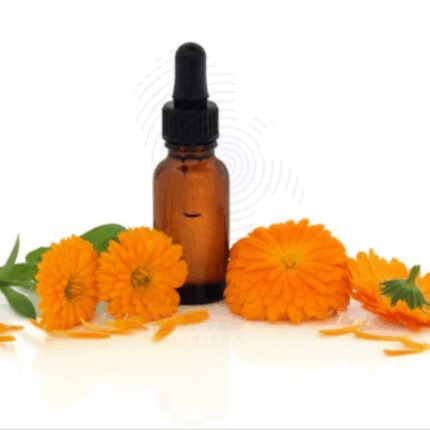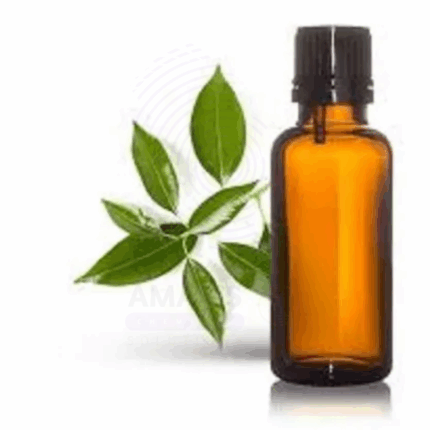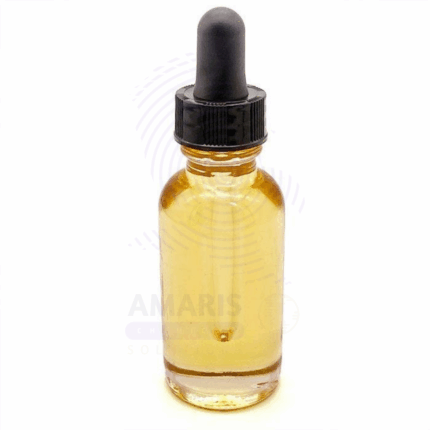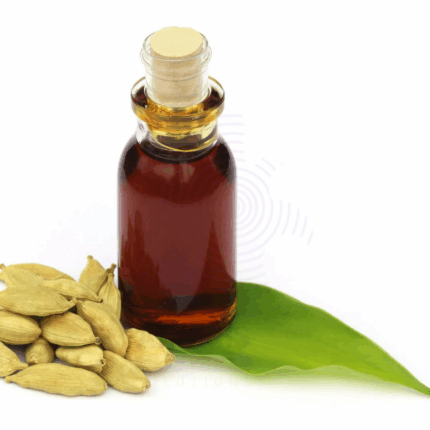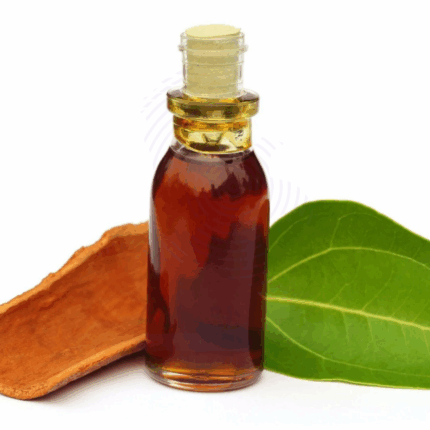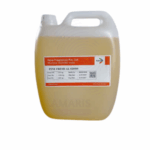
Unipine Fragrance Water Soluble
$ 19.00 Original price was: $ 19.00.$ 18.78Current price is: $ 18.78.
Tea Tree Oil
$ 41.18
Whatsapp Order
Tea Tree Oil is a potent essential oil steam-distilled from the leaves of Melaleuca alternifolia, a native Australian plant known for its broad antimicrobial spectrum. It features a fresh, medicinal, camphoraceous aroma with herbal and slightly spicy undertones. Rich in terpinen-4-ol, gamma-terpinene, and alpha-terpinene, Tea Tree Oil is celebrated for its antibacterial, antifungal, antiviral, and anti-inflammatory properties. It has a long history of use in traditional and modern natural medicine, skincare, and hygiene products worldwide.
Description
Table of Contents
Toggle
Tea Tree Oil
Primary Uses
- Aromatherapy & Wellness
- Diffused to purify air and support immune function
- Used in steam inhalations and chest rubs for respiratory comfort
- Incorporated in blends for mental clarity and emotional balance
- Applied topically (diluted) to relieve minor skin infections, acne, and fungal conditions
- Added in massage oils for muscle relaxation and inflammation relief
- Cosmetics and Personal Care
- Included in skincare products for acne-prone and oily skin types
- Added to shampoos and scalp treatments for dandruff and soothing properties
- Used in soaps, deodorants, and body washes for antimicrobial action
- Incorporated in oral hygiene products like mouthwash and toothpaste
- Applied in wound-care ointments and antiseptic sprays
- Topical Applications
- Used diluted for insect bites, minor cuts, and skin irritations
- Included in natural antifungal and antibacterial topical formulations
- Blended in compresses to reduce inflammation and accelerate healing
Secondary Uses
- Cleaning and Detergent Products
- Added to disinfectant sprays and surface cleaners for antimicrobial efficacy
- Used in laundry detergents and fabric sprays to reduce odor and germs
- Incorporated in air fresheners and deodorizing products for fresh, medicinal scent
- Spa and Therapeutic Products
- Included in massage oils and therapeutic balms for muscle and joint relief
- Used in bath salts and soak blends for detoxification and relaxation
- Added to sauna and steam bath infusions for respiratory and skin benefits
- Fragrance and Ambient Scenting
- Used as a middle note in natural perfumes and aromatherapy blends
- Blended into candles and room sprays for a clean, fresh herbal aroma
- Pet and Animal Care
- Occasionally used in pet grooming products for odor control (with veterinary approval)
- Added in pet-safe cleaning sprays in very low dilution
- Industrial and Specialty Applications
- Utilized in antiseptic formulations for healthcare and wound care
- Employed in natural pesticide blends due to insect-repelling properties
Additional information
| PACK SIZE | 5kg |
|---|
KEY PRODUCT FEATURES
1. Basic Identification Attributes
- Botanical Name: Melaleuca alternifolia
- Common/Trade Name: Tea Tree Oil
- INCI Name: Melaleuca Alternifolia Leaf Oil
- CAS Number: 68647-73-4
- HS Code: 3301.29
- Synonyms: Melaleuca Oil, Australian Tea Tree Oil
2. Physical & Chemical Properties
- Physical State: Liquid essential oil
- Color & Odor: Clear to pale yellow; fresh, camphoraceous, herbal aroma
- Solubility: Insoluble in water; soluble in alcohol and oils
- Refractive Index: 1.470 – 1.490
- Specific Gravity: 0.860 – 0.890
- Main Components: Terpinen-4-ol, gamma-terpinene, alpha-terpinene, 1,8-cineole
3. Safety & Hazard Attributes
- GHS Classification: May cause skin irritation and sensitization; avoid prolonged direct contact
- Toxicity: Low toxicity when used diluted; for external use only
- Exposure Limits: Refer to Safety Data Sheet (SDS)
- Allergen Information: Contains terpinen-4-ol and other potential allergens
4. Storage & Handling Attributes
- Storage Conditions: Store in a cool, dry, dark place away from sunlight
- Container Type: Amber glass or aluminum containers with tight seals
- Shelf Life: 24 months when properly stored
- Handling Precautions: Use gloves and avoid eye contact during bulk handling
5. Regulatory & Compliance Attributes
- Compliant with IFRA standards for safe fragrance use
- Produced in GMP-certified manufacturing facilities
- Not classified as hazardous for transport under normal shipping rules
6. Environmental & Health Impact
- Biodegradability: Biodegradable in the environment
- Ecotoxicity: Low aquatic toxicity at typical use concentrations
- Bioaccumulation: Not expected to bioaccumulate
SAFETY HANDLING PRECAUTIONS
Safety Handling Precautions
- PPE Required: Gloves and protective eyewear recommended
- Handling Guidelines: Use in well-ventilated areas; avoid vapor exposure
First Aid Measures
- Inhalation: Move to fresh air; seek medical advice if symptoms occur
- Skin Contact: Wash thoroughly; discontinue use if irritation arises
- Eye Contact: Rinse immediately with water for 15 minutes; seek medical help
- Ingestion: Rinse mouth; do not induce vomiting; seek urgent medical attention
Firefighting Measures
- Fire Hazards: Flammable liquid; keep away from flames and sparks
- Extinguishing Media: Use foam, CO₂, dry chemical, or water spray
- Special Precautions: Use full protective gear and self-contained breathing apparatus
- Hazardous Combustion Products: Carbon monoxide, carbon dioxide, irritant vapors
Related products
Blue Tansy Oil
Blue Tansy Oil is a rare and highly sought-after essential oil obtained via steam distillation of the flowers of Tanacetum annuum, a Moroccan chamomile species. Known for its deep indigo-blue color and distinctive sweet, herbaceous aroma with subtle fruity undertones, this oil is rich in chamazulene — a powerful anti-inflammatory compound that gives it its characteristic blue hue.
Blue Tansy Oil is celebrated in the cosmetic and personal care industry for its calming, soothing, and skin-balancing effects. It is especially beneficial in formulations for sensitive, irritated, or inflamed skin. In aromatherapy, it is valued for promoting relaxation and emotional ease. Its rarity and potency make it a premium choice for high-end skincare, therapeutic blends, and luxury personal care products.
Cabreuva Oil
Cabreuva Oil is a gentle, sweet, woody-scented essential oil obtained via steam distillation of the wood of the Myrocarpus fastigiatus tree, native to South America. This light amber oil is known for its high content of nerolidol—a sesquiterpene alcohol with soothing, anti-inflammatory, and antimicrobial properties. With its mild, balsamic aroma and skin-calming effects, Cabreuva Oil is primarily used in cosmetics, perfumery, and aromatherapy applications.
It blends well with floral, citrus, and resinous oils, making it a versatile fixative in natural fragrance formulations. In personal care, it is valued for its skin-healing and regenerating effects, suitable for mature and sensitive skin types.
Cajaput Oil
Cajaput Oil is a clear, penetrating essential oil obtained via steam distillation of the fresh leaves and twigs of the Melaleuca cajuputi or Melaleuca leucadendra tree, primarily native to Southeast Asia. With its strong, camphoraceous, and slightly fruity aroma, Cajeput Oil is known for its powerful antiseptic, analgesic, and expectorant properties. Rich in 1,8-cineole (eucalyptol), this oil has been traditionally used in topical rubs, respiratory blends, and muscle-relieving formulations.
Cajeput Oil is widely used in cosmetics, personal care, aromatherapy, and natural medicine products for its invigorating and purifying effects on both skin and the respiratory system. It is often compared to tea tree and eucalyptus oils due to its similar therapeutic actions.
Calendula Oil Infused
Calendula Oil Infused is a golden-yellow carrier oil produced by macerating the dried flower petals of Calendula officinalis (commonly known as pot marigold) in a base oil, typically sunflower, olive, or sweet almond oil. This infusion draws out the calendula flower’s active constituents—including flavonoids, triterpenoids, and carotenoids—resulting in a gentle yet potent botanical oil widely used for its anti-inflammatory, healing, and skin-soothing properties.
Renowned in traditional herbalism and modern natural skincare, Calendula Infused Oil is especially valued for treating sensitive, damaged, or irritated skin. It’s a go-to oil in formulations for baby care, wound healing, and after-sun products. Unlike essential oils, this is not a distilled product and is safe for direct application to the skin.
Camphor White Oil
Camphor White Oil is a steam-distilled essential oil obtained from the wood of the Camphor tree (Cinnamomum camphora), primarily from the white fraction, which is rich in 1,8-cineole, camphor, and linalool. This fraction is the most commonly used in aromatherapy and topical preparations due to its potent but relatively balanced composition compared to brown or yellow fractions. The oil has a sharp, penetrating aroma with a cooling, medicinal character.
Traditionally used in topical pain relief, respiratory care, and soothing balms, Camphor White Oil is known for its anti-inflammatory, decongestant, antiseptic, and stimulating effects. It is widely used in cosmetics, personal care, pharmaceuticals, and aromatherapy formulations.
Capaiba Balsam Oil
Capaiba Balsam Oil is a natural oleoresin essential oil extracted from the trunks of Copaifera species, primarily Copaifera officinalis, native to South America. This oil is obtained via tapping or sustainable extraction methods and is prized for its anti-inflammatory, antibacterial, antioxidant, and analgesic properties. It has a sweet, woody, slightly balsamic aroma and is golden to light brown in color with a medium viscosity.
Copaiba Balsam Oil is rich in β-caryophyllene, a sesquiterpene known for its therapeutic effects, especially in skincare and wellness applications. It is widely used in cosmetics, personal care, aromatherapy, and pharmaceutical preparations, particularly those targeting pain, skin health, and inflammation.
Cardamon Oil
Cardamon Oil is a premium essential oil steam-distilled from the seeds of Elettaria cardamomum, a plant native to India and Sri Lanka and widely cultivated across tropical regions. It carries a warm, spicy-sweet aroma with hints of eucalyptus and citrus, and ranges from colorless to pale yellow in appearance. Known for its digestive, antiseptic, expectorant, and uplifting qualities, it is valued in aromatherapy, perfumery, cosmetics, pharmaceuticals, and food applications.
Rich in compounds like cineole (1,8-cineole), α-terpineol, and linalyl acetate, Cardamom Oil provides both flavor and therapeutic effects, making it a versatile ingredient across several industries.
Cassia Oil
Cassia Oil is a potent essential oil steam-distilled from the bark of Cinnamomum cassia, commonly known as Chinese cinnamon. It carries a strong, spicy, and warm aroma similar to true cinnamon but is more pungent and intense. Its reddish-brown to yellow appearance and high cinnamaldehyde content give it powerful antimicrobial, antifungal, and warming properties. Cassia Oil is used across various industries including food flavoring, pharmaceuticals, cosmetics, aromatherapy, and household products. Due to its strength, it is typically used in diluted concentrations.


 Preservatives(food)
Preservatives(food) Flavor Enhancers
Flavor Enhancers Acidulants
Acidulants Sweeteners
Sweeteners Antioxidants
Antioxidants Colorants(food)
Colorants(food) Nutraceutical Ingredients (food)
Nutraceutical Ingredients (food) Nutrient Supplements
Nutrient Supplements Emulsifiers
Emulsifiers
 Collectors
Collectors Dust Suppressants
Dust Suppressants Explosives and Blasting Agents
Explosives and Blasting Agents Flocculants and Coagulants
Flocculants and Coagulants Frothers
Frothers Leaching Agents
Leaching Agents pH Modifiers
pH Modifiers Precious Metal Extraction Agents
Precious Metal Extraction Agents
 Antioxidants(plastic)
Antioxidants(plastic) Colorants (Pigments, Dyes)
Colorants (Pigments, Dyes) Fillers and Reinforcements
Fillers and Reinforcements Flame Retardants
Flame Retardants Monomers
Monomers Plasticizers
Plasticizers Polymerization Initiators
Polymerization Initiators Stabilizers (UV, Heat)
Stabilizers (UV, Heat)
 Antifoaming Agents
Antifoaming Agents Chelating Agents
Chelating Agents Coagulants and Flocculants
Coagulants and Flocculants Corrosion Inhibitors
Corrosion Inhibitors Disinfectants and Biocides
Disinfectants and Biocides Oxidizing Agents
Oxidizing Agents pH Adjusters
pH Adjusters Scale Inhibitors( water)
Scale Inhibitors( water)
 Antioxidants(cosmetic)
Antioxidants(cosmetic) Emollients
Emollients Fragrances and Essential Oils
Fragrances and Essential Oils Humectants
Humectants Preservatives
Preservatives Surfactants(cosmetic)
Surfactants(cosmetic) Thickeners
Thickeners UV Filters
UV Filters
 Fertilizers
Fertilizers Soil Conditioners
Soil Conditioners Plant Growth Regulators
Plant Growth Regulators Animal Feed Additives
Animal Feed Additives Biostimulants
Biostimulants Pesticides (Herbicides, Insecticides, Fungicides)
Pesticides (Herbicides, Insecticides, Fungicides)
 Active Pharmaceutical Ingredients (APIs)
Active Pharmaceutical Ingredients (APIs) Excipients
Excipients Solvents(pharmaceutical)
Solvents(pharmaceutical) Antibiotics
Antibiotics Antiseptics and Disinfectants
Antiseptics and Disinfectants Vaccine Adjuvants
Vaccine Adjuvants Nutraceutical Ingredients (pharmaceutical)
Nutraceutical Ingredients (pharmaceutical) Analgesics & Antipyretics
Analgesics & Antipyretics
 Analytical Reagents
Analytical Reagents Solvents(lab)
Solvents(lab) Chromatography Chemicals
Chromatography Chemicals Spectroscopy Reagents
Spectroscopy Reagents microbiology-and-cell-culture-reagents
microbiology-and-cell-culture-reagents Molecular Biology Reagents
Molecular Biology Reagents Biochemical Reagents
Biochemical Reagents Inorganic and Organic Standards
Inorganic and Organic Standards Laboratory Safety Chemicals
Laboratory Safety Chemicals Specialty Laboratory Chemicals(Special Laboratory Equipment)
Specialty Laboratory Chemicals(Special Laboratory Equipment)
 Demulsifiers
Demulsifiers Hydraulic Fracturing Fluids
Hydraulic Fracturing Fluids Scale Inhibitors(oil)
Scale Inhibitors(oil) Surfactants(oil)
Surfactants(oil) Drilling Fluids
Drilling Fluids
 Dyes and Pigments
Dyes and Pigments Bleaching Agents
Bleaching Agents Softening Agents
Softening Agents Finishing Agents
Finishing Agents Antistatic Agents
Antistatic Agents
 Admixtures
Admixtures Waterproofing Agents
Waterproofing Agents Sealants and Adhesives
Sealants and Adhesives Curing Compounds
Curing Compounds Concrete Repair Chemicals
Concrete Repair Chemicals Anti-Corrosion Coatings
Anti-Corrosion Coatings
 Surfactants(cleaning)
Surfactants(cleaning) Builders
Builders Enzymes
Enzymes Solvents (Cleaning)
Solvents (Cleaning) Fragrances
Fragrances
 Electronic Chemicals
Electronic Chemicals Catalysts
Catalysts Lubricants
Lubricants Photographic Chemicals
Photographic Chemicals Refrigerants
Refrigerants Automotive chemicals
Automotive chemicals Pyrotechnic Chemicals
Pyrotechnic Chemicals
 Biodegradable Surfactants
Biodegradable Surfactants Bio-based Solvents
Bio-based Solvents Renewable Polymers
Renewable Polymers Carbon Capture Chemicals
Carbon Capture Chemicals Wastewater Treatment Chemicals
Wastewater Treatment Chemicals
 Pigments
Pigments Solvents(paint)
Solvents(paint) Specialty Coatings
Specialty Coatings Binders/Resins
Binders/Resins Additives
Additives Driers
Driers Anti-Corrosion Agents
Anti-Corrosion Agents Functional Coatings
Functional Coatings Application-Specific Coatings
Application-Specific Coatings
 Leavening Agents
Leavening Agents Dough Conditioners
Dough Conditioners Flour Treatments
Flour Treatments Fat Replacers
Fat Replacers Decoratives
Decoratives Preservatives(baking)
Preservatives(baking)
 Plasticizers & Softeners
Plasticizers & Softeners Reinforcing Agents
Reinforcing Agents Adhesion Promoters
Adhesion Promoters Vulcanizing Agents
Vulcanizing Agents Antidegradants
Antidegradants Blowing Agents
Blowing Agents Fillers & Extenders
Fillers & Extenders Accelerators & Retarders
Accelerators & Retarders